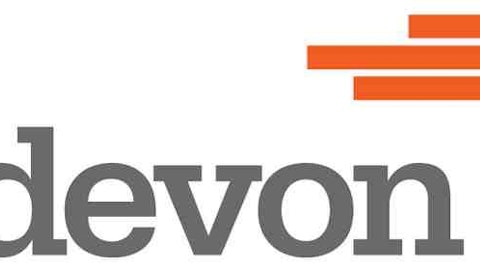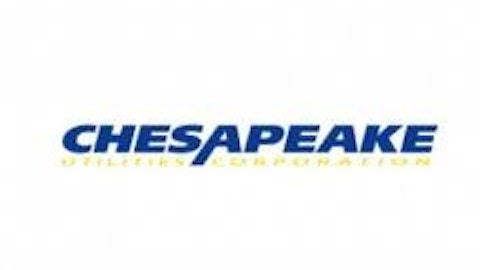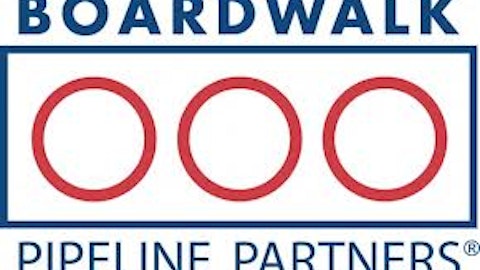Natural gas and oil producer Chesapeake Energy Corporation (NYSE:CHK) reported its results for the second quarter of 2013 on August 1st. Adjusted earnings per share of 51 cents beat analyst expectations, and markets sent the stock up 7% in response. The company’s revenue rose 38% versus a year earlier, and while costs were up as well Chesapeake Energy Corporation (NYSE:CHK) managed to grow its operating margins such that operating income grew at closer to a 60% rate. Helpfully the report also gave financials on a per mcf equivalent basis; operating income on those terms was up 48%, showing that the improvement was primarily due to market conditions with some aid from increased production.
The increase in Chesapeake Energy Corporation (NYSE:CHK)’s stock price likely represents a win for billionaire activist Carl Icahn, who had initiated a position of more than 50 million shares in the company in the second quarter of 2012 and has since increased it further. Icahn’s involvement played a key role in driving out Chesapeake Energy Corporation (NYSE:CHK)’s controversial CEO and alleviating market concerns that the company- which expanded very quickly and was caught off guard by a fall in natural gas prices- would not have enough cash to pay its bills.

Other managers with large positions in Chesapeake include billionaire Mason Hawkins of mutual fund Southeastern Asset Management. Southeastern reported owning close to 90 million shares in its most recent 13F (see Southeastern’s stock picks). Millennium Management, managed by billionaire Israel Englander, increased its stake during Q1 to a total of 3.7 million shares (check out more stocks Englander was buying).
Wall Street analyst expect Chesapeake to earn $1.54 per share this year and $2.06 in 2014. As a result, the trailing and forward P/E multiples are 16 and 12 respectively. Given the company’s exposure to natural gas, over the long term significant EPS growth is possible as increased infrastructure including export infrastructure increases demand and helps natural gas prices continue to recover. We would note that many market players are skeptical, and 12% of Chesapeake’s float is held short.
Other natural gas focused companies include SandRidge Energy Inc. (NYSE:SD) and Devon Energy Corp (NYSE:DVN). Sandridge is expected to be unprofitable both this year and next year, even as the company’s revenue has increased nicely going by recent reports. In contrast to Chesapeake, its stock price is down 13% in the last year against a rising market as it has encountered corporate difficulties itself. Devon is expected to improve its earnings per share considerably next year, and is valued at 11 times forward earnings estimates. This places its valuation about in line with Chesapeake’s on that basis.
We think that a number of oil and gas producers look like potential value opportunities at this point, and even after its rally we’d include Chesapeake among the names which likely deserves a closer look. The stock is dependent on favorable developments in the natural gas market in the future, but for investors who are willing to buy into that thesis the stock could offer a good deal of upside. The company’s adjusted EPS for last quarter is in line with what it would have to do each quarter next year to hit analyst targets, and an earnings multiple of 12 would be appealing if production continues to rise with preferably some help from prices as well.
Disclosure: I own no shares of any stocks mentioned in this article.





